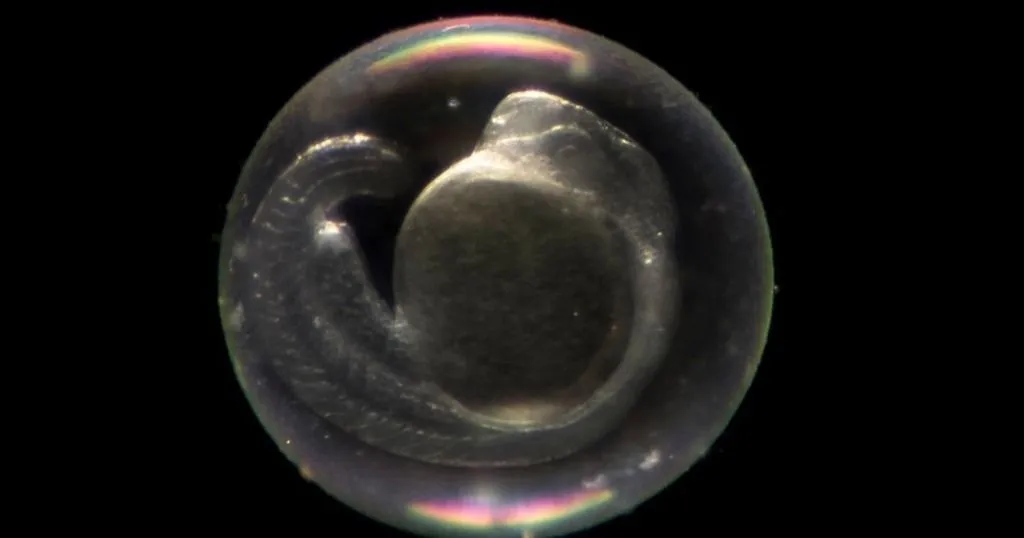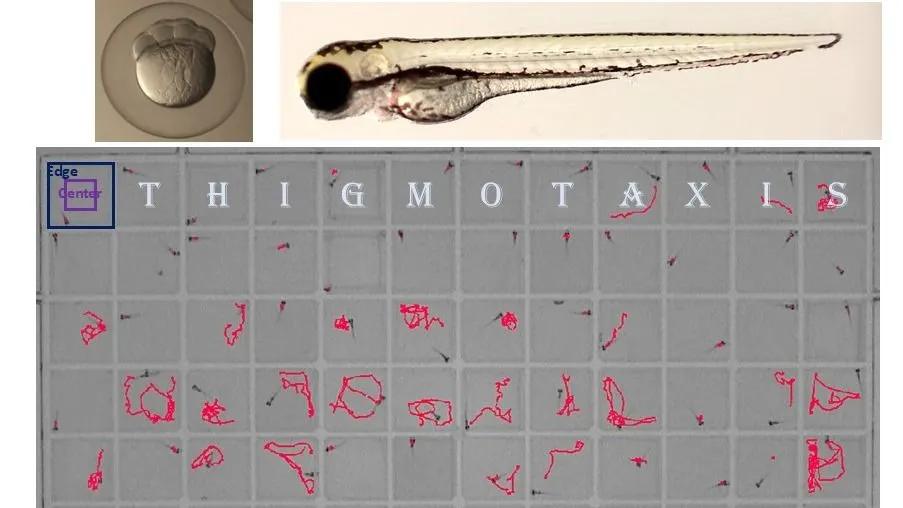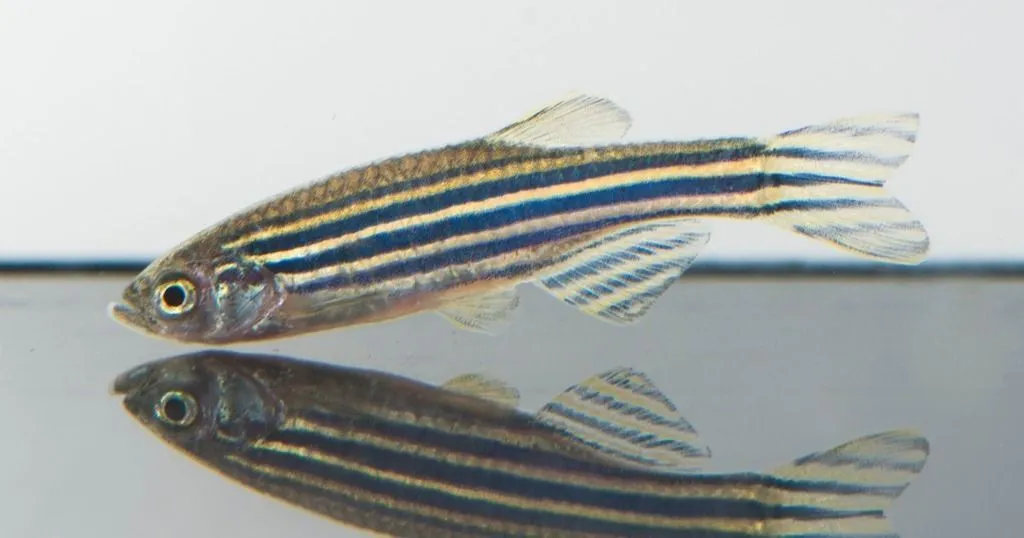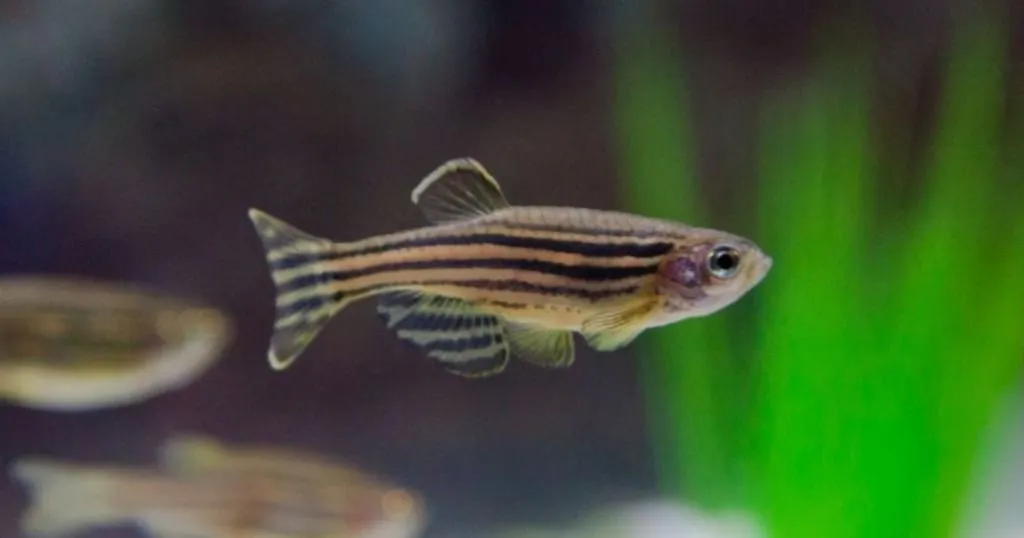4 Facts about zebrafish and zebrafish larvae
Did you know that zebrafish larvae are able to detect minute movement in the water and that zebrafish are better than fruit flies? Read all 4 facts!
Posted by
Published on
Thu 11 Feb. 2016
Topics
| Danio Rerio | DanioVision | EthoVision XT | Zebrafish |

Did you know that zebrafish larvae are able to detect minute movement in the water and that zebrafish are better than fruit flies? Read all four facts!
Did you know that zebrafish larvae are able to detect minute movement in the water?
At the Max Planck Institute in Germany, Groneberg and colleagues (Groneberg et al. 2015) showed that larval zebrafish show approach reactions followed by a form of positive taxis and gradual motion damping in response to water flows. That might sound complicated, but what it basically means is that zebrafish larvae are able to detect minute movement in the water and respond in a stereotypical way.
Did you know that zebrafish are better than fruit flies?
Prof. Richard Baines’ lab investigates how the electrical development of neurons is regulated. His research was long based on the larvae of fruitfly, but the lab recently started using zebrafish larvae. The Baines lab at the University of Manchester has recently begun to use the DanioVision system to identify novel anticonvulsive compounds. The Baines group have identified a number of novel compounds that have the potential to become next-generation antiepileptics.
Did you know that zebrafish 3D-movement tells more than just tracking 2D?
Currently, advances in data-processing, high-resolution cameras, calibration methods, and a combination of highly advanced software programs provide a reliable way to track the movement of zebrafish in X,Y, and Z coordinates, as the Kalueff Lab reports (Stewart et al., 2015). 3D tracking results were compared to manual observations of zebrafish behavior in a novel tank test, post application of the psychotropic drugs nicotine, LSD, and PCP.
Did you know that the zebrafish brain allow us to study drug addiction pathways including alcoholism?
Researchers at the University of Toronto Mississauga in the Gerlai lab use zebrafish to unravel the mysteries of alcohol addiction. Similar to humans and rodents, the neurochemical dopamine was found to play a large role in regulating alcohol’s locomotor stimulant effects in zebrafish.
Related Posts

A personal journey in behavioral analysis: Thigmotaxis with DanioFlow

Knockout of Down syndrome gene in zebrafish leads to autistic-like behaviors

